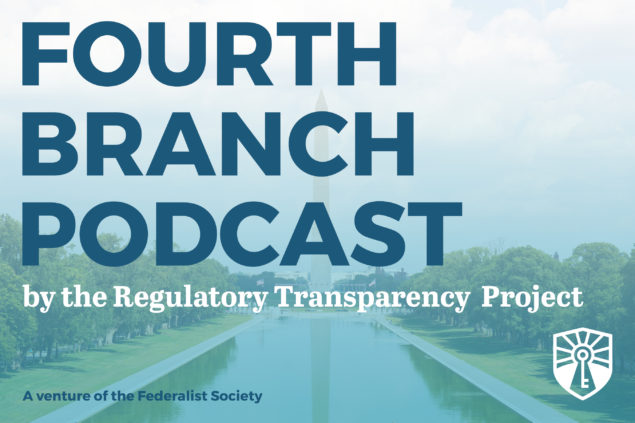Caleb Watney
Co-Founder and Co-CEO
Institute for Progress

Caleb Watney
Co-Founder and Co-CEO
Institute for Progress
Caleb Watney is the co-founder and co-CEO of the Institute for Progress.
Caleb manages the metascience and immigration policy teams at IFP. His research focuses on policy levers the U.S. could use to rebuild state capacity and increase long-term rates of innovation.
Previously, Caleb worked as the director of innovation policy at the Progressive Policy Insitute, a technology policy fellow at the R Street Institute, and a graduate research fellow at the Mercatus Center. His commentary has been published in The Washington Post, The Atlantic, Politico, Lawfare, and the National Review. He has also been cited in the New York Times, The Economist, Vox, Ars Technica, and the National Journal. He received his master’s in economics from George Mason University and a bachelor of business administration from Sterling College.

A person listed as a contributor has spoken or otherwise participated in Regulatory Transparency Project events, publications, or multimedia presentations. A person's appearance on the website does not imply an endorsement or relationship between the person and the Regulatory Transparency Project. The Regulatory Transparency Project takes no position on particular legal or public policy issues. All expressions of opinion by a contributor are those of the contributor.
Contributions
Tech Roundup Episode 21 – The CHIPS Act, Immigration, and the Innovation Economy
In this Tech Roundup episode, Adam Thierer and Caleb Watney discuss what it takes to attract the world’s most brilliant minds and how the United States could maintain its competitive edge in the global race for talent.
Listen to this podcastTech Roundup Episode 8 – The Future of Facial Recognition
In this episode, Matthew Feeney hosts a discussion with Ashkhen Kazaryan and Caleb Watney on the approach regulators might take to the brave new world of facial recognition technology.
Listen to this podcastTech Roundup Episode 7 – Driverless Cars and Artificial Intelligence
In this episode, Adam Thierer and Caleb Watney discuss the emerging questions surrounding the progress of driverless car technology and its regulation.
Listen to this podcastExecutive Agencies’ Effects on Innovation and Consumers under President Trump
On December 4, 2019, the Federalist Society’s Triangle Lawyers Chapter, Fox Rothschild LLP, and the Regulatory Transparency Project co-sponsored an event at the Sheraton Hotel in Durham, North Carolina. The event discussed “Executive Agencies’ Effects on Innovation and Consumers under President Trump”.
Watch this videoDeep Dive Episode 51 – Emerging Tech and Regulation
In this episode, leading thinkers from across the emerging tech space discuss the regulatory environment for everything from drones to autonomous vehicles.
Listen to this podcastPepperdine Law Review’s 2019 Symposium: Emerging Technology and Regulation
Today’s regulatory landscape presents challenges for public and private entities. Private actors are often faced with conflicting, ambiguous, or altogether absent regulatory frameworks. Is it possible for them to overcome these challenges while delivering the creativity and innovation the marketplace demands? How can government regulators and legislators avoid stifling opportunity, function more efficiently, and enact and enforce sensible and effective regulatory schemes?
Pepperdine Law Review’s 2019 Symposium, in partnership with the Regulatory Transparency Project, explored these vital questions from both the academic and practical perspectives. The third panel of the symposium focused on the potential impact of regulatory policies on emerging technologies.
Watch this videoReboot 2018: Can We Still Be Optimistic About the Future of Work?
From robots to the gig economy, anxieties are rising about technology’s impact on labor and the future of work. While we may have to overcome significant disruptions and other challenges, are there still good reasons to be optimistic? Our expert panel will discuss the current political and policy landscape.
The Regulatory Transparency Project co-sponsored the Lincoln Network’s Reboot 2018 conference.
Watch this video






